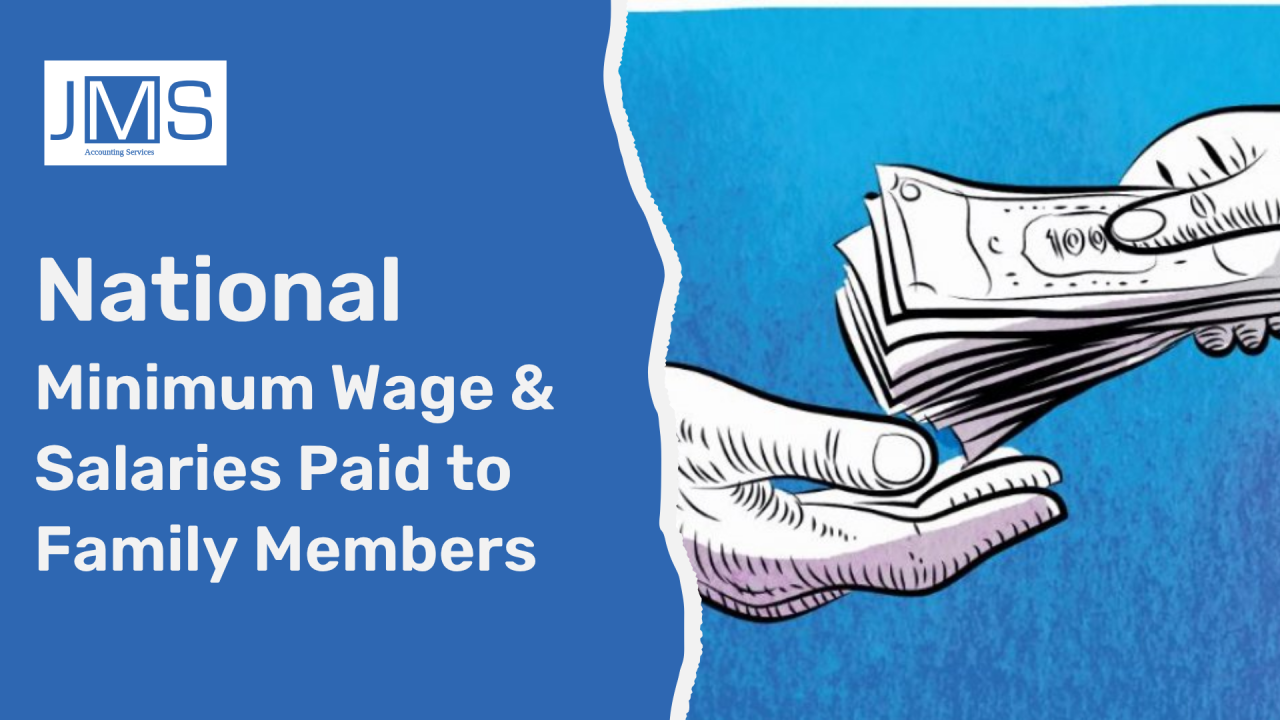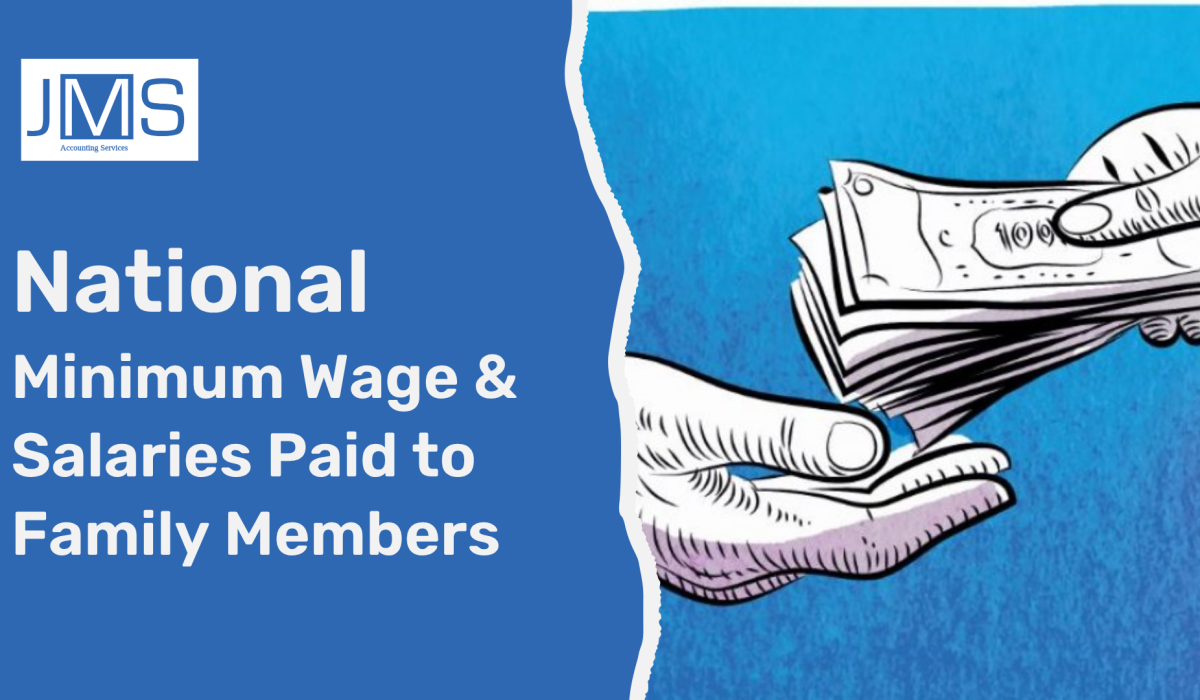Introduction
Hiring family members in a business is common, especially in small or family-run enterprises. However, it’s crucial to understand how national minimum wage (NMW) laws apply—even when employing relatives. This guide outlines the key legal, tax, and HR considerations to ensure you remain fully compliant while paying fair wages.
1. 🏛️ Legal Obligation to Pay Minimum Wage
✅ Minimum Wage Laws Apply to All Workers
In most jurisdictions, employers are legally required to pay at least the national minimum wage to all employees, including family members. The relationship to the business owner does not exempt someone from wage laws.
⚠️ Non-Compliance Can Lead to Penalties
Failing to meet minimum wage standards—even for relatives—can result in fines, back pay, and reputational damage. Government agencies treat all employees equally when enforcing wage laws.
2. 👨👩👧👦 Paying Wages to Family Members: Key Rules
💼 Actual Work Must Be Performed
The family member must genuinely perform work for the business. You cannot claim payroll expenses or tax deductions for relatives unless they are doing real, documented work.
💷 Wages Must Reflect Work Done
Pay must be reasonable and in line with market rates for the role. Underpaying family members—or overpaying to reduce taxable profits—can trigger audits or penalties.
3. 👩⚖️ Employment Rights for Family Members
📋 Equal Treatment Under Employment Law
Family members employed in your business are entitled to the same legal rights as other employees, including:
- National minimum wage
- Rest breaks and holiday pay
- Workplace protections (health & safety)
💰 Subject to Payroll Taxes
Wages paid must go through payroll like any other employee, with appropriate tax deductions and national insurance (or equivalent) contributions.
4. 📂 Documentation & Tax Compliance
🧾 Maintain Proper Records
To comply with tax and employment law, you must:
- Keep a written employment contract or agreement
- Track hours worked and wages paid
- Process wages through payroll systems
💡 Tip: Use HMRC-compliant or jurisdiction-compliant payroll software to ensure everything is tracked and submitted correctly.
5. ⚖️ Special Cases & Exceptions
🛑 Limited Exemptions May Exist
Some countries allow limited exemptions for family members working in truly informal or micro-businesses (e.g., children helping with chores). However, these are usually narrowly defined and do not apply to paid employees.
🧑🔧 Voluntary Work Is Different
If a family member is volunteering and not being paid, minimum wage laws may not apply. However, if any payment or benefit in kind is given, this could trigger employer obligations.
✅ Summary & Employer Checklist
Before hiring or paying a family member in your business, ask:
- Are they doing real, documented work?
- Are you paying at least the national minimum wage?
- Are you using proper payroll and tax systems?
- Are you keeping employment records?
- Are you treating family employees fairly and legally?
👉 If the answer is yes to all of the above, you’re on the right track.
📞 Need Help Drafting a Family Employment Policy?
If you’re unsure how to structure pay for family members or want to avoid legal risks, we can help you create a custom employment policy and ensure you’re compliant with HMRC or other relevant authorities.

Jiten Shah
Director, JMS Accounting

